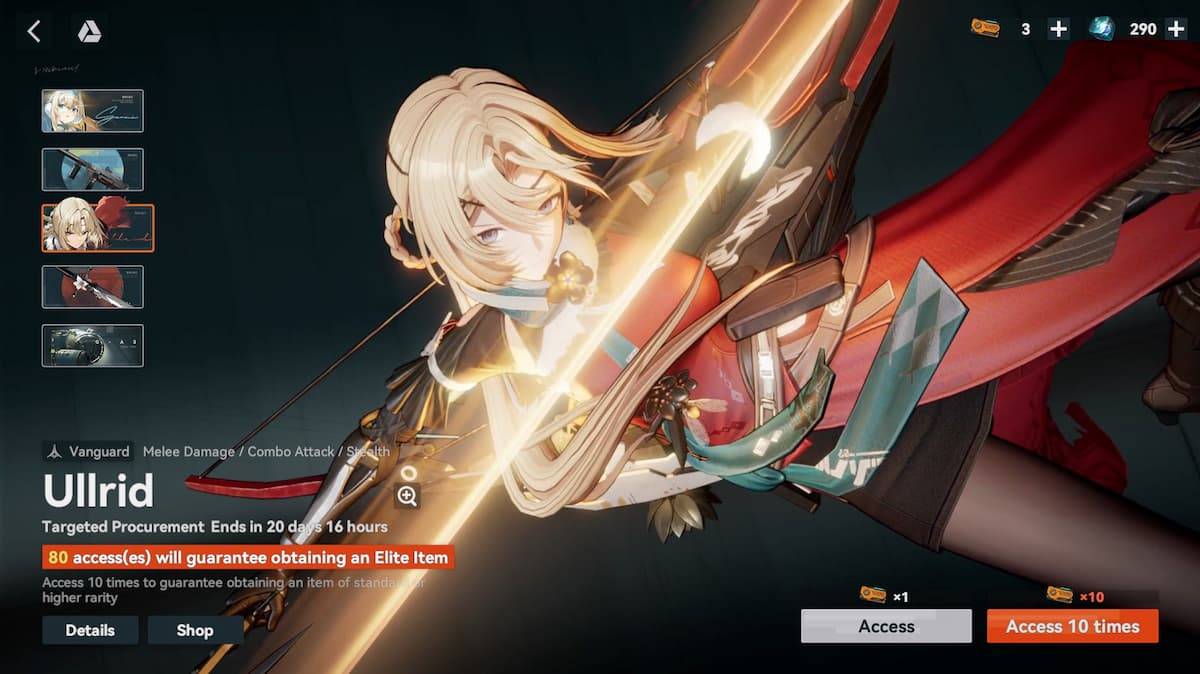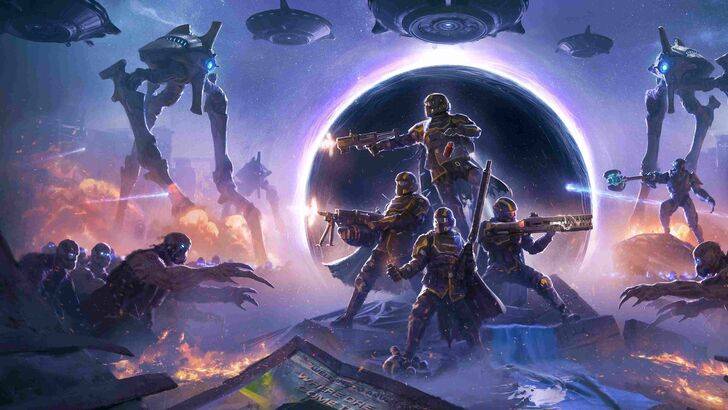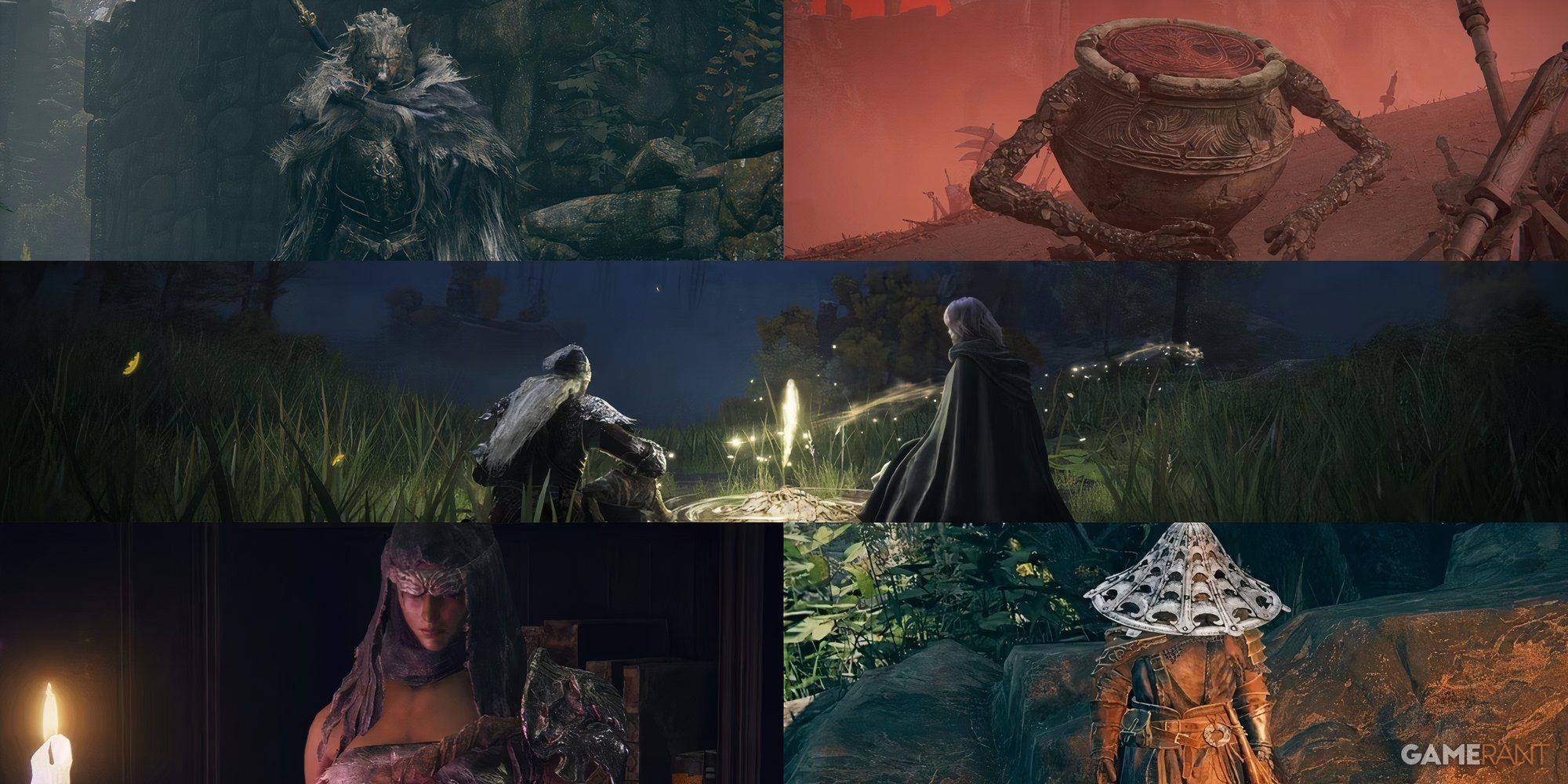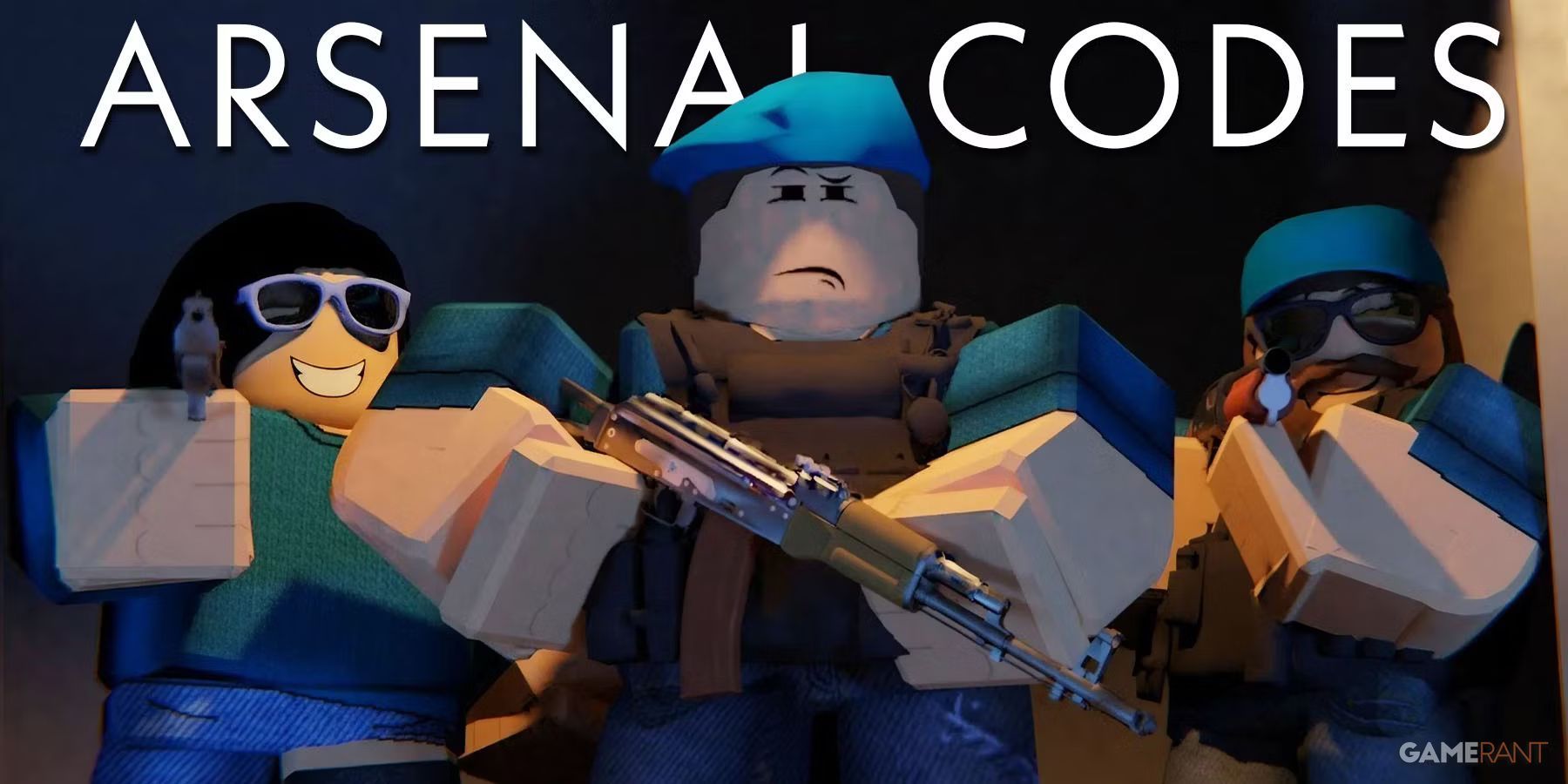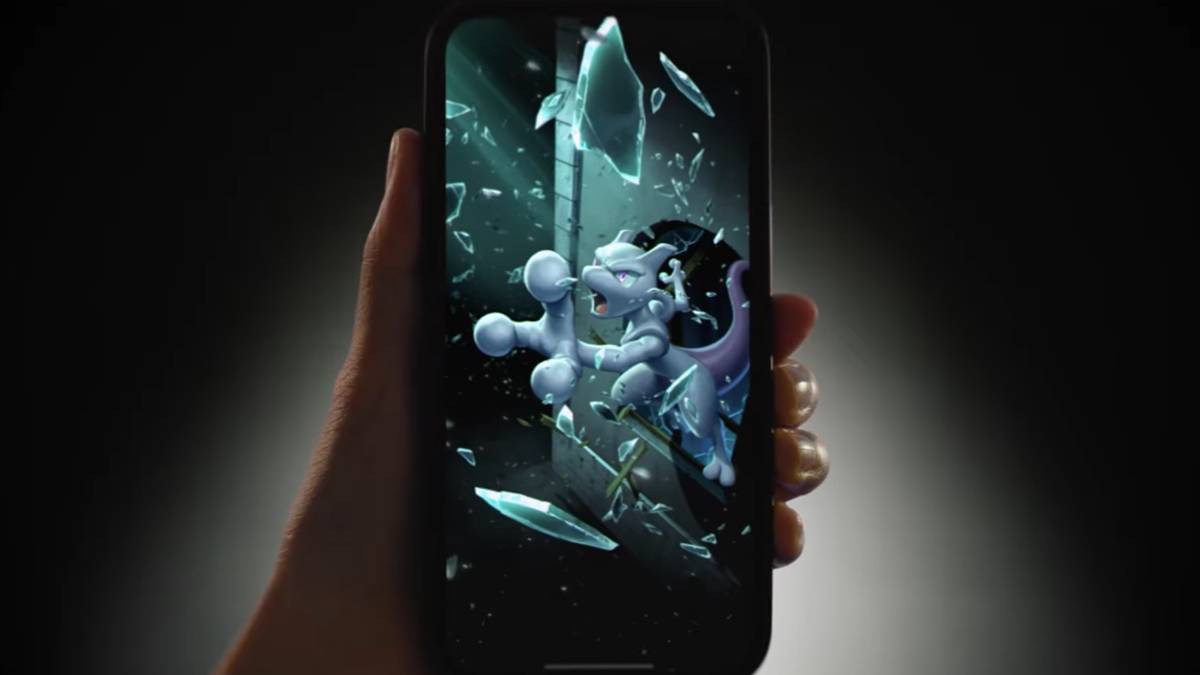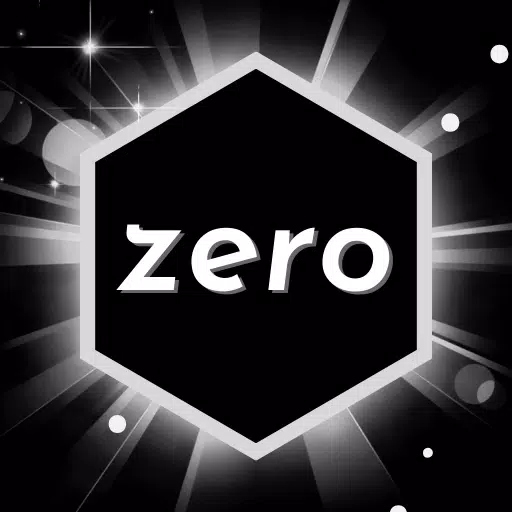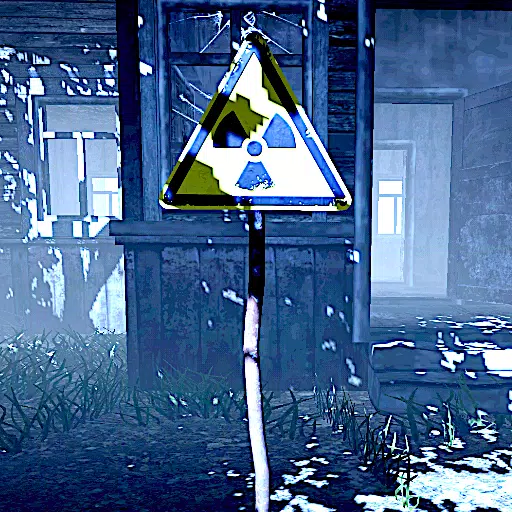Nintendo Refuses to Use Generative AI in Their Games
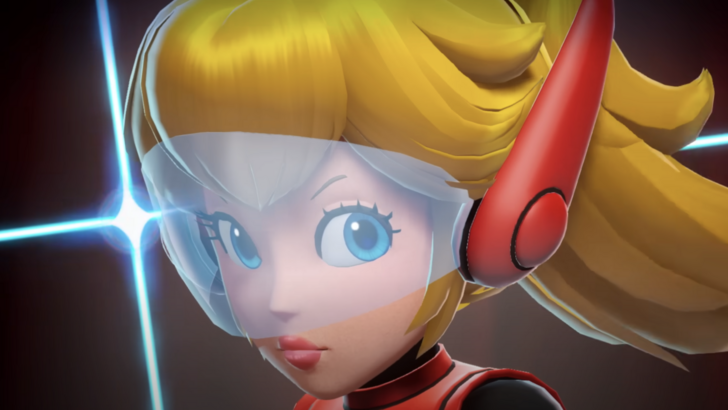 Amidst the gaming industry's exploration of generative AI, Nintendo maintains a cautious stance. Concerns regarding intellectual property rights and the company's dedication to its distinctive development style are key factors in this decision.
Amidst the gaming industry's exploration of generative AI, Nintendo maintains a cautious stance. Concerns regarding intellectual property rights and the company's dedication to its distinctive development style are key factors in this decision.
Nintendo President's Stance on Generative AI
IP Rights and Copyright Concerns Take Center Stage
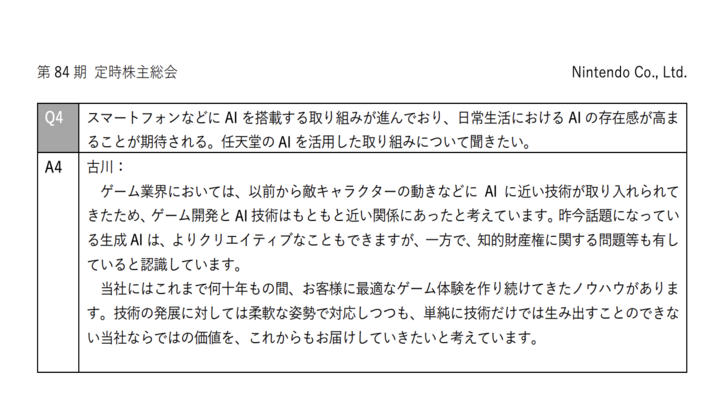 image (c) NintendoNintendo President Shuntaro Furukawa recently confirmed the company's current lack of plans to integrate generative AI into its games. This is primarily attributed to worries about intellectual property rights, a point he emphasized during an investor Q&A session.
image (c) NintendoNintendo President Shuntaro Furukawa recently confirmed the company's current lack of plans to integrate generative AI into its games. This is primarily attributed to worries about intellectual property rights, a point he emphasized during an investor Q&A session.
Furukawa acknowledged AI's long-standing role in game development, particularly in NPC behavior control. However, he distinguished between traditional AI and the newer generative AI, which creates custom content (text, images, video, etc.) through pattern recognition.
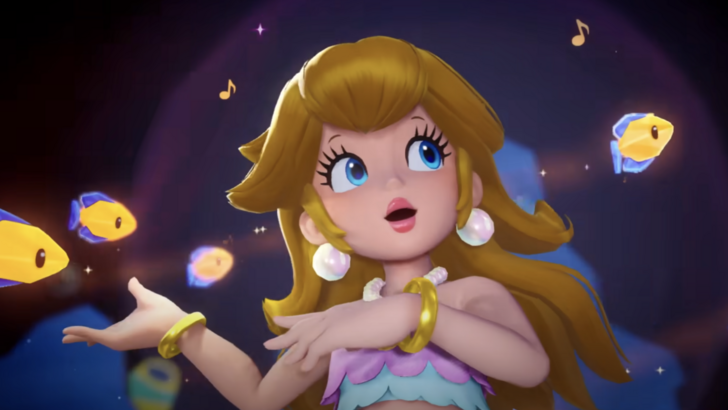 Generative AI's rise across various industries is undeniable. Furukawa stated, "In game development, AI-like technologies have long been used to control enemy character movements, so game development and AI have gone hand-in-hand even before." Despite recognizing its creative potential, he highlighted the inherent IP risks: "It is possible to produce more creative outputs using generative AI, but we are also aware that problems can arise with intellectual property rights." This concern likely reflects the potential for generative AI to infringe on existing works and copyrights.
Generative AI's rise across various industries is undeniable. Furukawa stated, "In game development, AI-like technologies have long been used to control enemy character movements, so game development and AI have gone hand-in-hand even before." Despite recognizing its creative potential, he highlighted the inherent IP risks: "It is possible to produce more creative outputs using generative AI, but we are also aware that problems can arise with intellectual property rights." This concern likely reflects the potential for generative AI to infringe on existing works and copyrights.
Maintaining Nintendo's Unique Identity
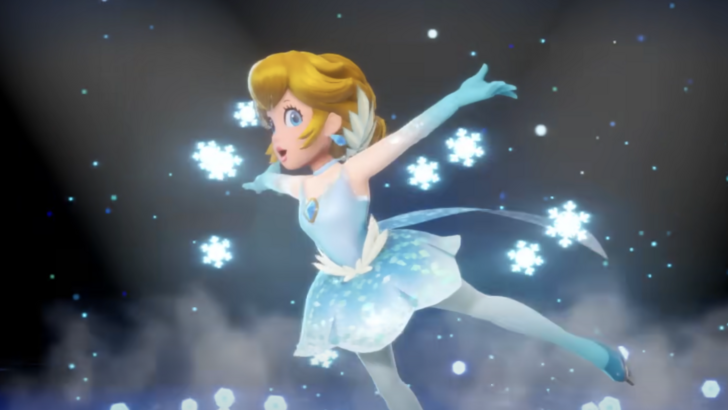 Furukawa stressed Nintendo's commitment to its decades-long approach to game development, prioritizing unique gaming experiences built on extensive experience. He stated, "We have decades of expertise in creating optimal game experiences for our customers. While we are flexible in responding to technological developments, we hope to continue to deliver value that is unique to us and cannot be created through technology alone."
Furukawa stressed Nintendo's commitment to its decades-long approach to game development, prioritizing unique gaming experiences built on extensive experience. He stated, "We have decades of expertise in creating optimal game experiences for our customers. While we are flexible in responding to technological developments, we hope to continue to deliver value that is unique to us and cannot be created through technology alone."
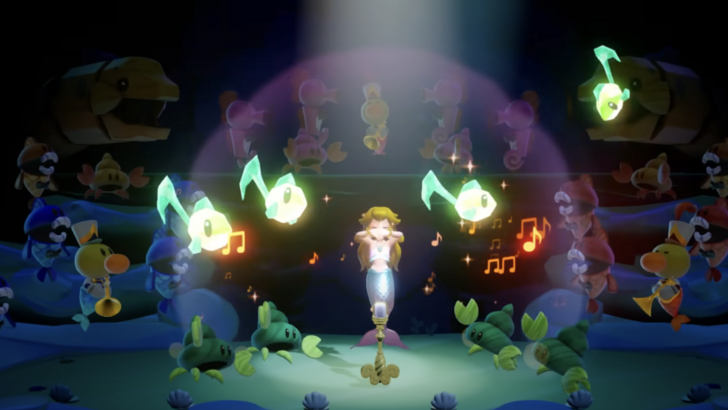 This stance contrasts with other gaming giants. Ubisoft's Project Neural Nexus, for example, uses generative AI for NPC interactions, but its producer, Xavier Manzanares, emphasized that it's merely a tool: "Something we keep in mind is every new tech that's on our table cannot create games by itself...GenAI is a tool, it is tech. It doesn't create games, it has to be connected to design and it has to be connected to a team that really wants to push something with that tech." Similarly, Square Enix and Electronic Arts have embraced generative AI as a tool for content creation and development enhancement.
This stance contrasts with other gaming giants. Ubisoft's Project Neural Nexus, for example, uses generative AI for NPC interactions, but its producer, Xavier Manzanares, emphasized that it's merely a tool: "Something we keep in mind is every new tech that's on our table cannot create games by itself...GenAI is a tool, it is tech. It doesn't create games, it has to be connected to design and it has to be connected to a team that really wants to push something with that tech." Similarly, Square Enix and Electronic Arts have embraced generative AI as a tool for content creation and development enhancement.
Latest Articles









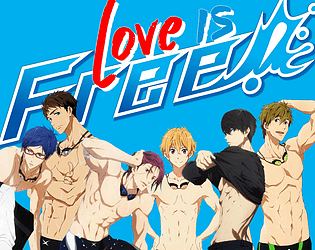

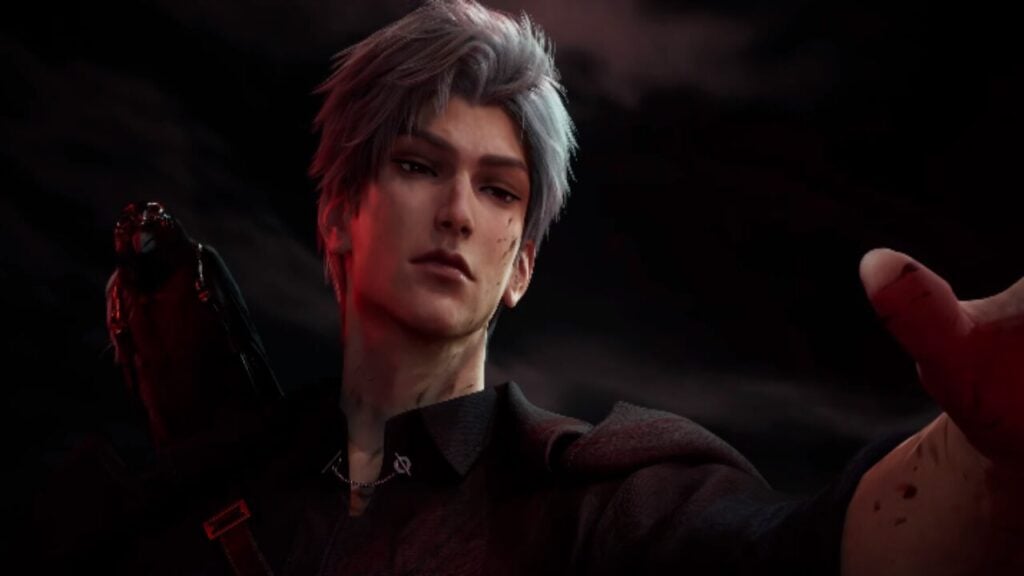
![Roblox Forsaken Characters Tier List [UPDATED] (2025)](https://images.dyk8.com/uploads/18/17380116246797f3e8a8a39.jpg)
